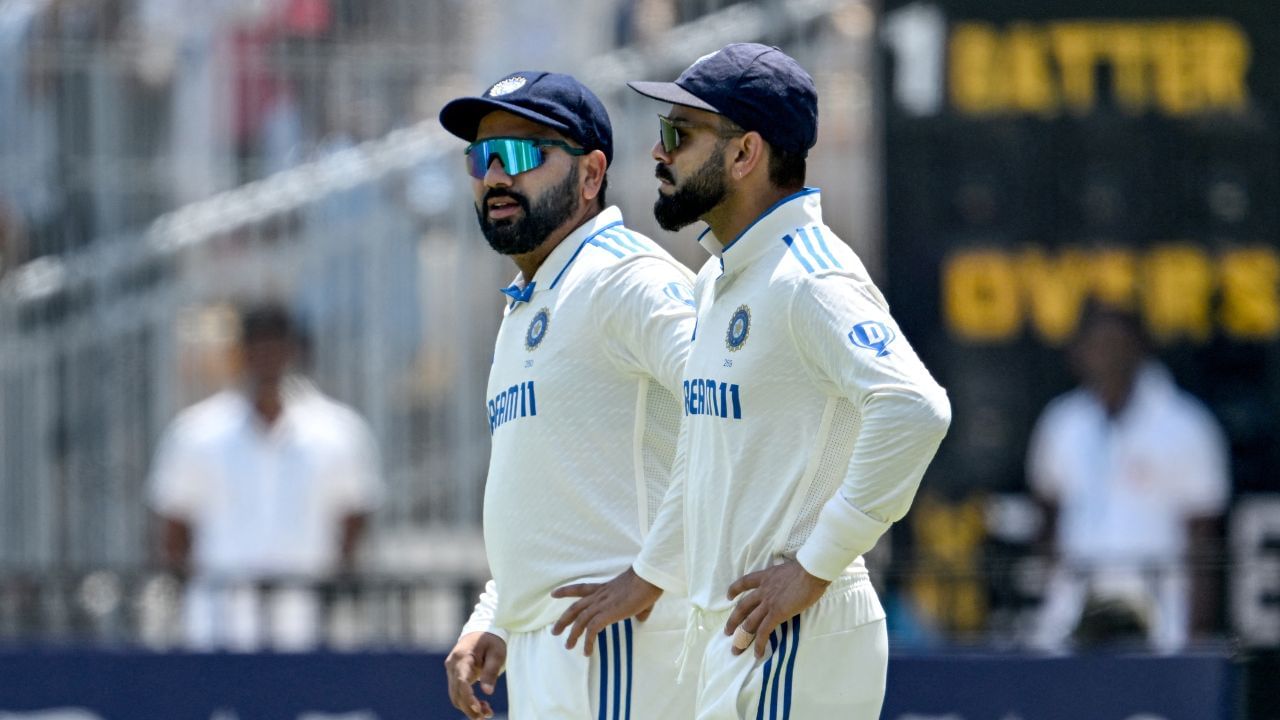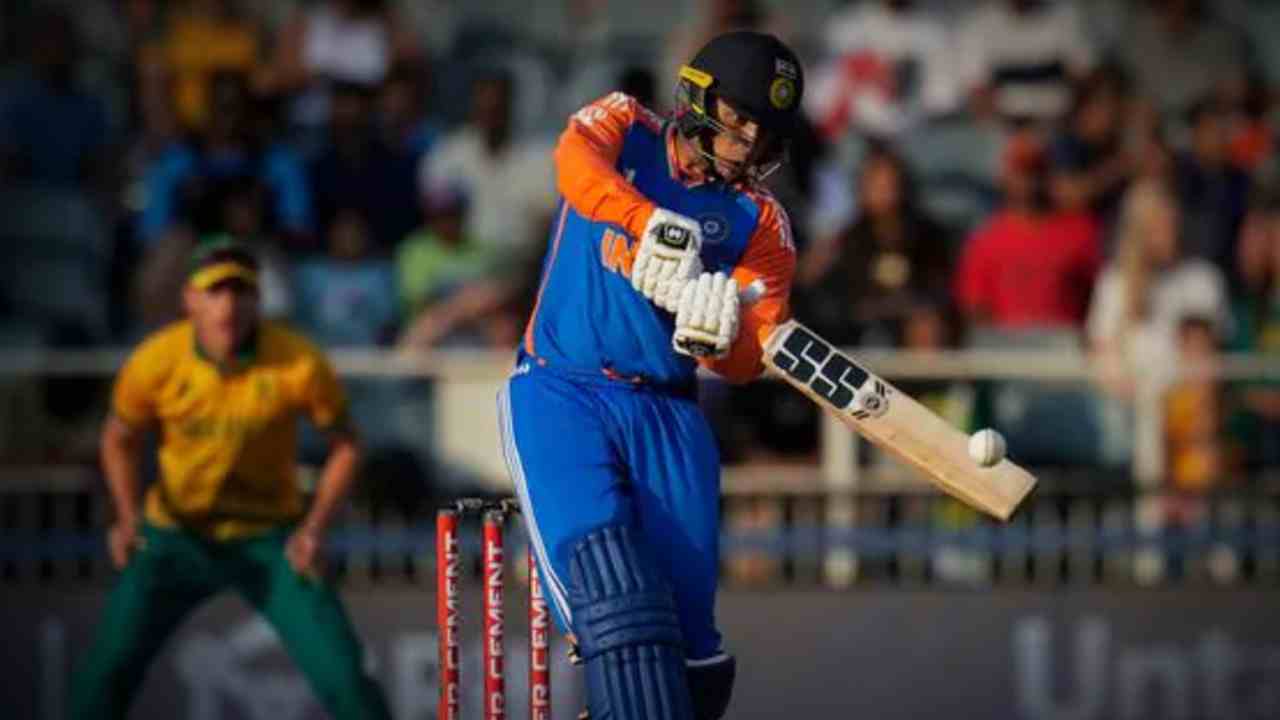In an intense and thrilling first Test match between India and Bangladesh held in Chennai, Team India overcame a rocky start to post a commendable total in their first innings. The performance of players like Ravichandran Ashwin and Ravindra Jadeja was instrumental in rescuing the team from an early setback. However, the match also witnessed a critical moment where captain Rohit Sharma and wicketkeeper Rishabh Pant made a pivotal decision that could have turned the tide in favor of Bangladesh.
Team India’s First Innings: A Roller-Coaster Start
After facing some challenges upfront in their innings, Team India rallied back brilliantly, concluding their first innings at a hefty score of 376 runs. Ashwin’s century and Jadeja’s stellar performance were highlights of the innings, showcasing their resilience and skill under pressure. With the batters laying a solid foundation, it was time for the bowlers to take charge and apply pressure on the Bangladeshi batsmen.
A Missed Opportunity: The DRS Incident
As the Bangladesh team began their bowling innings, Jasprit Bumrah secured an early wicket, dismissing opener Shadman Islam in his very first over. Hopes were high for another quick dismissal, but things took a turn when Rohit Sharma and Rishabh Pant faced a crucial DRS (Decision Review System) moment that they mishandled. In the fourth over, as Mohammed Siraj delivered an impressive spell, he appealed for an LBW against Zakir Hasan after the ball struck his pad. The umpire ruled in favor of the batsman, igniting an appeal for DRS from the bowler.
Despite Siraj’s request, Captain Rohit hesitated to take the review. Rishabh Pant suggested that the ball had pitched outside the leg stump, leading Rohit to bow out of the challenge. However, replays later confirmed that Zakir Hasan was indeed out, and this lapse could have changed the dynamics of the match significantly.
Turning the Tide: Akash Deep’s Intervention
Thanks to this oversight by Rohit and Pant, Zakir Hasan managed to stay at the crease—an opportunity that could have proven detrimental to India. Nevertheless, fortune smiled upon Team India when Akash Deep stepped up to bowl in the ninth over. With his very first delivery, he claimed the wicket of Zakir Hasan, who was dismissed for just 3 runs. This was a crucial breakthrough that negated the earlier error, reiterating the importance of all players contributing to the team’s success.
But Akash Deep wasn’t done yet; on his next ball, he continued to wreak havoc by dismissing Mominul Haque, further strengthening India’s grip on the match. By the time lunch arrived, Bangladesh had stumbled to 26 runs with the loss of three wickets, a testament to India’s bowling prowess and resilience.
Conclusion: Lessons Learned
This test match serves as a reminder of the challenges and decisions that define the game of cricket. The moment where Rohit Sharma and Rishabh Pant opted against using the DRS could have resulted in a significant advantage for Bangladesh. However, the decisive actions taken by Akash Deep exemplified how crucial it is for every player to be alert and ready to seize opportunities. As the series progresses, both teams will be looking to capitalize on their strengths while learning from their missteps.











